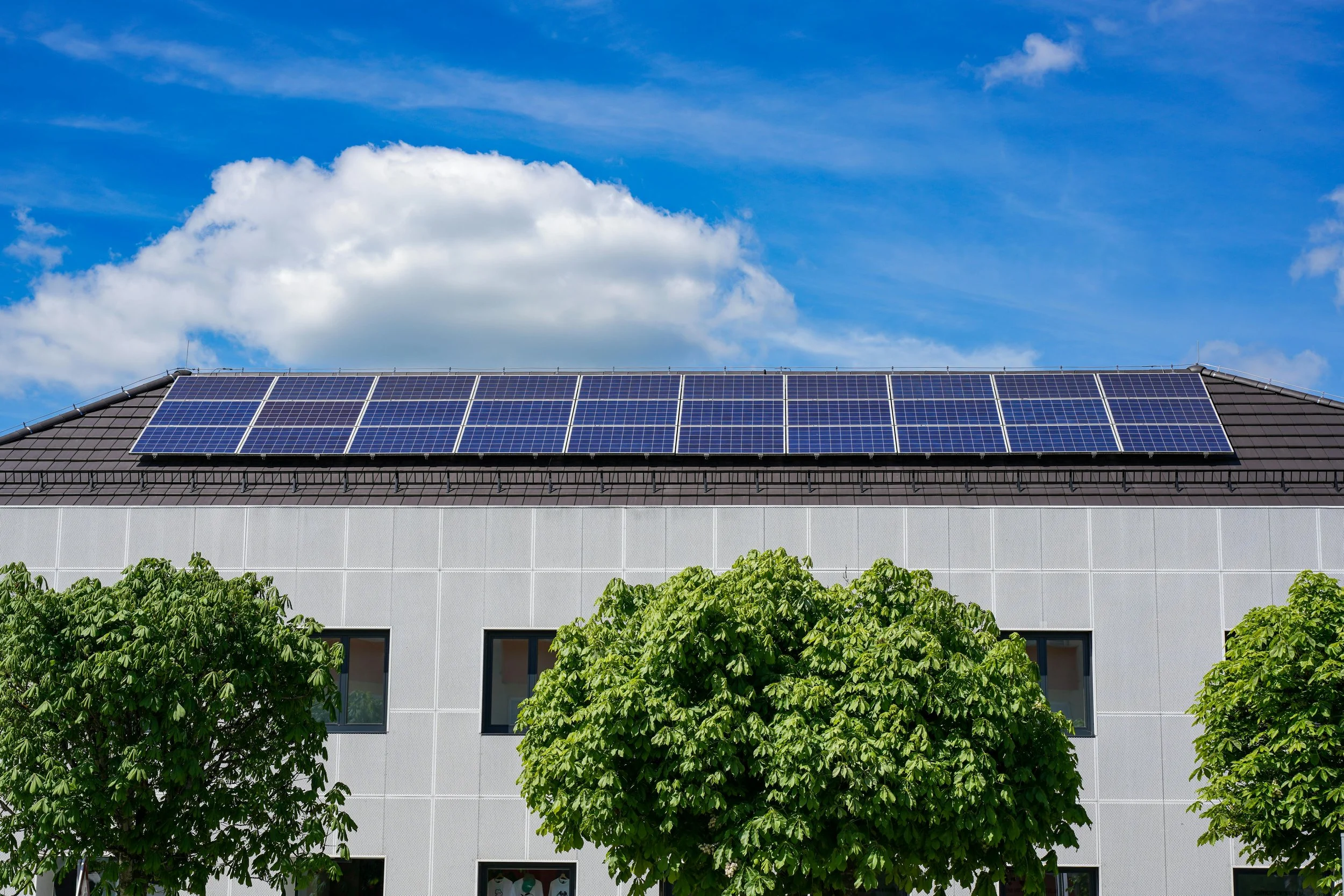The Future of Renewable Energy: Trends to Watch in the Next Decade
The renewable energy sector is evolving rapidly, driven by technological innovation, policy changes, and growing global demand for clean energy solutions. Over the next decade, several key trends will shape the future of solar and renewable energy, making them more efficient, accessible, and sustainable. Here’s a look at the most exciting developments to watch.
1. Advancements in Solar Technology
Solar power continues to be a dominant force in the renewable energy industry. Emerging innovations such as perovskite solar cells are set to revolutionise efficiency and affordability, outperforming traditional silicon-based panels. Additionally, bifacial solar panels, which absorb sunlight from both sides, will further enhance energy generation.
2. Energy Storage Breakthroughs
One of the biggest challenges for renewable energy has been storage. Over the next decade, we will see significant improvements in battery technology, including solid-state batteries and next-generation lithium-ion alternatives. These advancements will enable more efficient storage of solar and wind energy, ensuring reliable power even during cloudy days or at night.
3. Smart Grids and Decentralised Energy Systems
The rise of smart grids will play a crucial role in optimising renewable energy distribution. These intelligent systems use AI and data analytics to manage supply and demand efficiently. Meanwhile, microgrids and decentralised energy networks will allow communities and businesses to generate and manage their own renewable power, reducing reliance on centralised utilities.
4. Hydrogen as a Renewable Energy Carrier
Green hydrogen, produced using renewable energy, is gaining momentum as a clean alternative to fossil fuels. Hydrogen fuel cells can store and transport energy efficiently, making them a viable solution for industries such as transportation, manufacturing, and even residential power.
5. Floating Solar Farms
With land availability becoming a concern, floating solar farms are emerging as a viable alternative. These installations on lakes, reservoirs, and even oceans maximise space efficiency while reducing water evaporation and improving panel efficiency due to the cooling effect of water.
6. AI and Machine Learning for Energy Optimisation
Artificial intelligence (AI) and machine learning are playing an increasingly important role in optimising renewable energy production. From predicting weather patterns to improving grid efficiency and automating maintenance, AI-driven solutions will help maximise energy output while reducing costs.
7. Sustainable Solar Panel Recycling
As the adoption of solar panels grows, so does the need for sustainable disposal and recycling solutions. Innovations in solar panel recycling will help recover valuable materials such as silicon, silver, and glass, making the industry more sustainable and reducing electronic waste.
The next decade promises exciting advancements in renewable energy, making clean power more efficient, affordable, and widespread. With continued investment in innovation and infrastructure, solar and other renewable sources will play a critical role in the transition to a greener future. Whether through improved solar technology, better storage solutions, or AI-driven optimisation, the future of renewable energy looks brighter than ever.
Are you ready to embrace the future of clean energy? Now is the time to stay informed and take advantage of these cutting-edge developments!
Get in touch today to start our journey together.
Stay committed!
Damien Frearson

